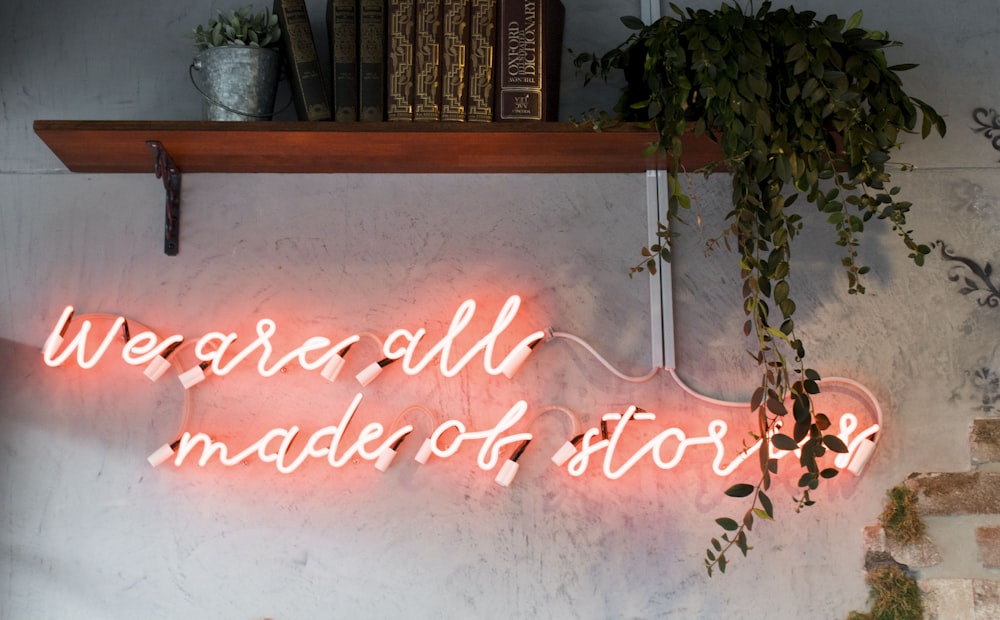Hi friends!
Many of us know that when threatened, it's normal to retreat into default modes of fight, flight, freeze, fawn.
But when habeas corpus is questionable (?) and Extinction Rebellion is holding funerals for the Paris Climate Agreement, how do we stay with our embodied experience?
For years, I approached meditation with a rigid framework: Focus. Concentrate. Accumulate minutes on the cushion like I was looking to boost my meditative credit score. Compassion felt like sentimental break—nice to practice in retreat containers, but not "serious" enough for the rigors of late-stage capitalist survival.
Then meditation teacher Jonathan Foust offered a reframe that shook my practice: "What if lovingkindness is the discipline?"
In this essay on determination, the 8th of 10 Perfections in Buddhist practice, I'll argue willpower demands we push through, while dedication invites us to keep returning.
As a reminder and introduction, the Perfections aren't ideals to perfect, but interlacing qualities (e.g. generosity, morality, renunciation, and truthfulness) that offer different entry points to the same goal: liberation through compassionate presence.
(If that feels heavy, no worries—I tend to lean pretty secular and interpretive.)
Light Hive offers essays on applied mindfulness for complex identities, the polycrisis, and the power of play. Subscribe for contemporary interpretations of Buddhist wisdom, filtered through the lens of a recovering academic and queer, transracial adoptee.
Determination
The “two wings of awakening” are compassion and wisdom.
When I told Jonathan I was a “wisdom” practitioner, he gently asked: “What if it’s all one bird? What if [lovingkindness] is the discipline?”
This bird….it’s alive!
To carry the metaphor, these wings flap together.
In lived reality, wisdom and compassion are in constant tension. Which wing do we flap, when?
Determination might be understood as an active negotiation between changing knowledge systems and being a finite human. A finite human, alongside other vulnerable humans, on this fragile planet. This takes both wisdom and compassion.
To me, determination is clearest when I lose the way. It’s not necessarily a “mistake” to fall into unskillful habits, self-made wisdom traps, forget our shared humanity. These are opportunities to remember and get back on track.
But the word “determination” carries hustle-and-grind connotations to me. Determination feels a lot like striving. And this isn’t wrong, but it doesn’t feel like a whole bird.
This is why I’ve started to think of determination as dedication. Willpower demands we push through, dedication invites us to keep returning.
Here, I’ll focus on how I’ve worked on this in two domains: my relationship with emotions and my connections with others.
Dedication to Feeling
“If I can hold darkness like this, then it becomes a teacher. When I can’t hold it, then it holds me, and this is the beginning of evil.” - Lama Rod
Mindfulness of emotions was the first post I published for Light Hive, not counting my “hello, world!” offering. In it, I discuss anger as a shared emotional phenomenon. Drawing from Lama Rod Owens’ work on social justice and Buddhist practice in Love and Rage, I shared thoughts on working with anger as compassion. This isn't spiritual bypassing; it's recognizing that even in crisis, we have options.
I see this as a dedication to emotional inclusion, an internal belonging based on broader, shared, interdependence. Similar to how Tavo, my friend working on human rights at the UN, reframed “our” suffering as “the” suffering, “dark” emotions like grief, anxiety, and anger are A) not individually “ours” and B) not “bad.”
Getting to a place where I can say that has been a journey. Music has helped me get here.
For context, growing up, my adoptive family barely spoke to each other. At home, the silent treatment was baseline. In public, silence wasn’t “expected,” but we would rehearse what and how to say things in the car before going inside. Holidays were minefields.
When emotions have nowhere to go, they turn inward. My determination, in those early years, was directed toward emotional excision rather than inclusion.
Bob Schneider's "Metal and Steel" became a survival mantra: "I'll be metal and I'll be steel / I won't mind 'cause I won't feel a thing." When he sang that “the king is dead and the queen is flown / left me here in the twilight zone / lost and looking for a way back home” I felt emotionally understood.
I was determined to erase every aspect of myself I was told was monstrous, overweight, unacceptable. Then, once I left for college, all would be well and I would be free.
And yet, spoiler: I’m neither metal, nor steel, nor a rock, an iiiIiiisland that Simon and Garfunkel sang about decades earlier. I am mortal. Hearing those songs today, I have a lot of compassion for my younger self who had excellent musical taste and few role models.
Since then, I’ve done what I could to braid determined practice with a dedication to emotional inclusion: a commitment to stay present with the full range of feelings.
While there might be less-than-skillful actions, there is no such thing as a “bad” emotion. Understanding anger as a compassionate reflex, or grief as love without an outlet, has become an important dialectical practice for me. They can and do co-exist.
This recognition expands outward. Once we stop letting the idea of emotions-as-personal-failures hold us, like Lama Rod writes in The New Saints, we can begin to be held in a wider web of human experience.
These waves of emotion aren’t necessarily yours, but shared with
All beings everywhere
As we develop emotional inclusion for ourselves and practice embodiment in our daily lives, the natural extension is to widen our circle of compassion.
Determination can be useful in times of political uncertainty, institutional breakdown, and climate crisis.
Yes to the determined opposition against cruelty, coercion, harm.
Systems converge to distance us from our own experience. Instead of waiting for the revolution or a perfect moment of solitude, we can remember we have options.
Play.
Yes to our dedication to keep showing up for ourselves and each other.
Yes to spending time together for the sake of spending time together.
Yes to new narratives, ways of being.
When I heard Bob Schneider sing about being "lost and looking for a way back home," I imagined a place.
Now, older, I know I’ve always had home nearby. I just needed to return.
If you liked this, consider checking out:
Takeaway Practice
Embodiment is not a destination. It’s a practice. — Rev. angel Kyodo williams
Capitalism often hijacks the language of “determination,” rewarding burnout and hyper-productivity. Human bodies break, bleed, ooze, ache, and sag. They age. We are inherently needy. These are not weaknesses, these are the conditions of existing.
So slow down, whether attitudinally or physically. As you can, ease into this moment. It’s a radical act of inhabiting your own body, in your own time. Easy, easy.
How does your body feel right now? What emotions are arising for you?
If “light,” can you bask in that? If “dark,” does it help to put your hand over your heart, close your eyes, and really feel the weight of your own presence?
Creative Coalition: June 9, 16, 23rd, 6-7:30 PT
Join Creative Coalition to practice with patience, play, and mindful writing.
In June, I’ll be offering a very simple drawing, reflecting, and sharing exercise based on Gene Koo’s The Bonsai Diary. You don’t need to buy anything.
Unlike the usual monthly gathering, this will unfold over three Mondays in 90-minute sessions. We’ll have a lightly guided sitting practice, followed by some prompts from the game. Instead of closing with a debrief, we’ll close with sharing.
Base Rate: $30
Light Hive Readers may use code: Hive50 (50% off)
Paid subscribers get this for free! I’ll send the sign-up code in the paid chat later today.
No one is turned away for lack of funds. If the registration fee is cost-prohibitive, please email for the link.
Bio
Logan Juliano, PhD (they/them) blends rigor and lived experience to create brave spaces where mindfulness meets playful exploration. Through Light Hive and as co-editor of Notes from the Inflection Point, they write to share reflections and practices amid ecological and social uncertainty. Logan holds a PhD in Performance Studies and is neither a mental health provider, nor an authorized teacher in any Buddhist lineage. They have now volunteered with 50501 enough to earn an earpiece, as if they were a special agent.







